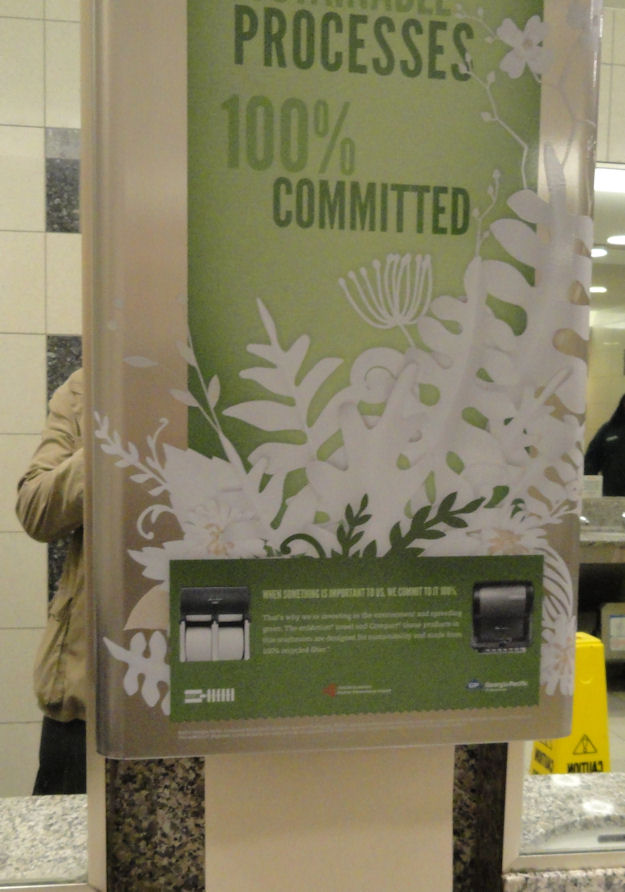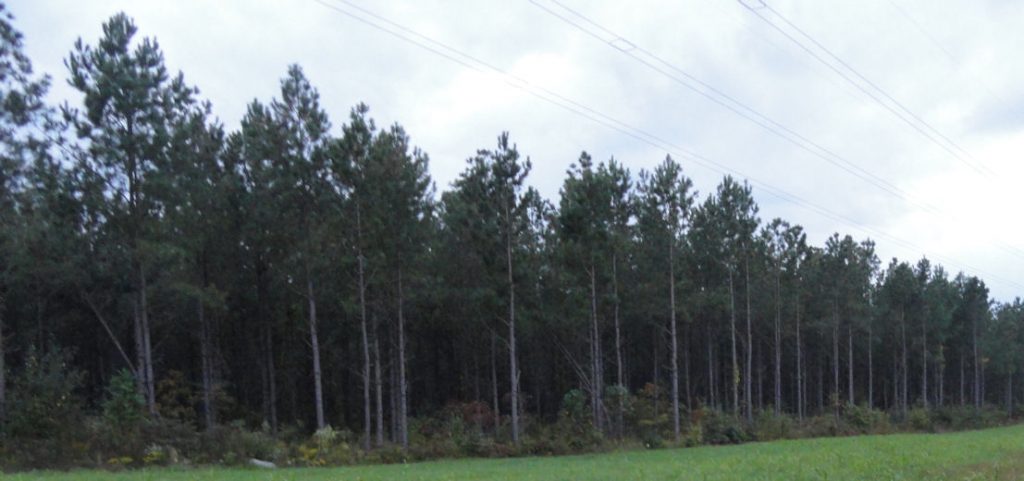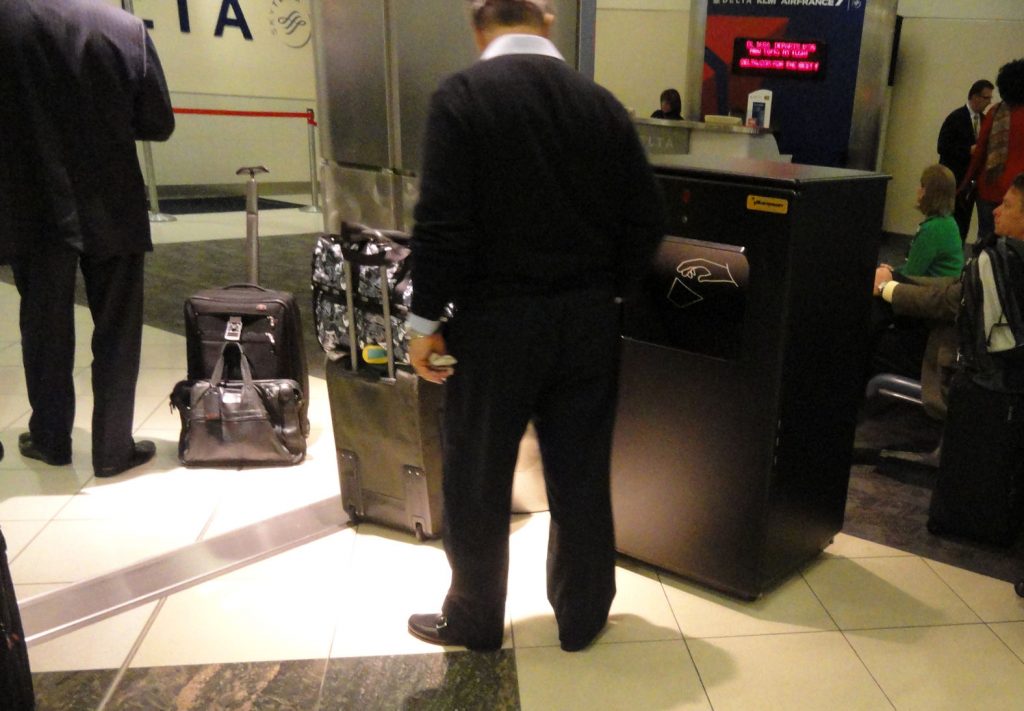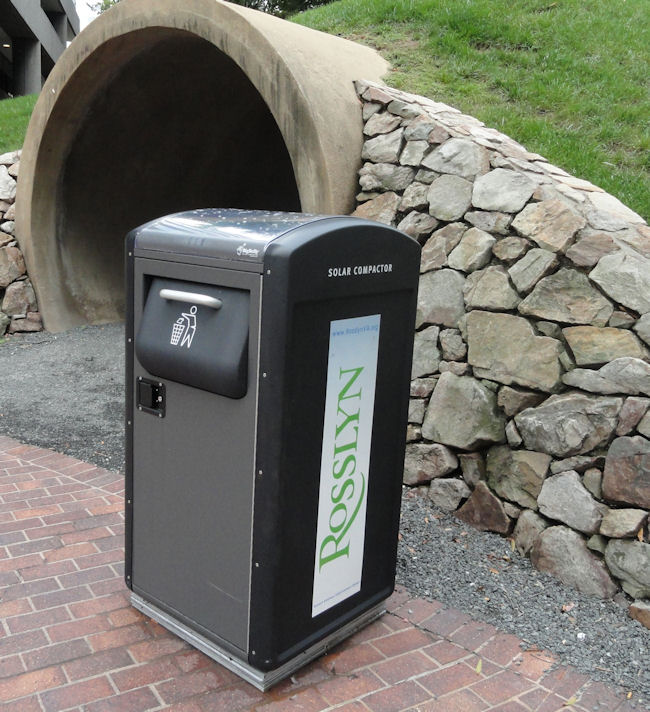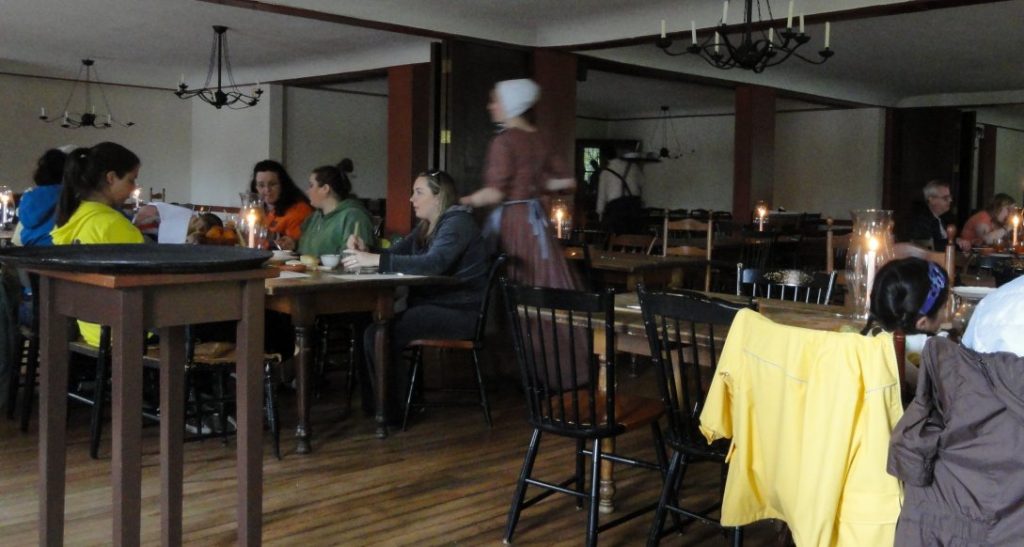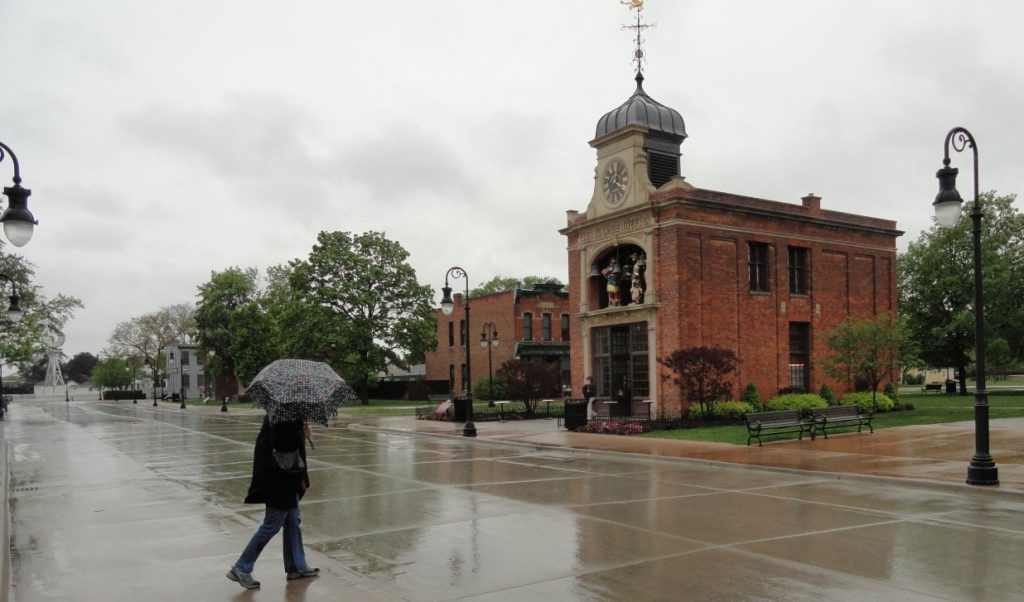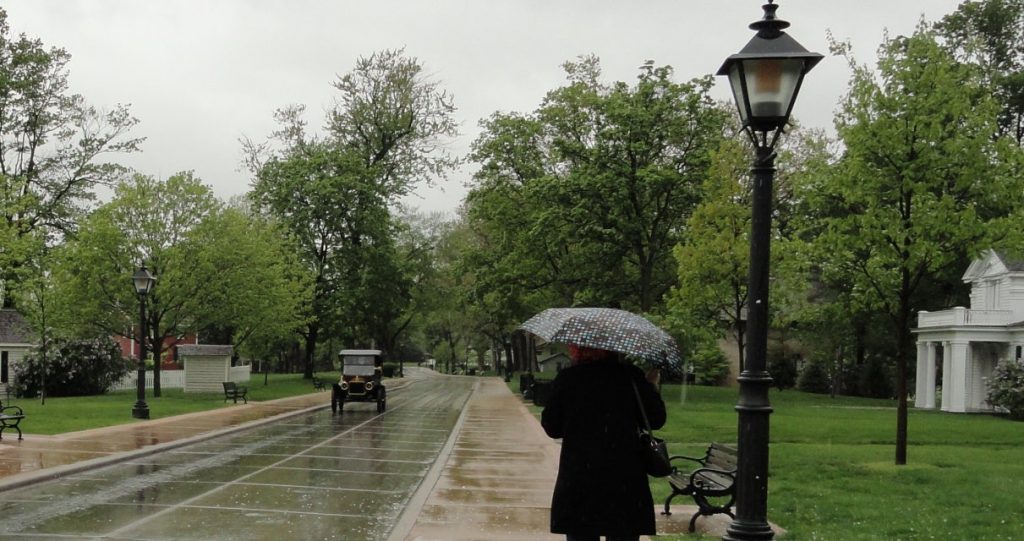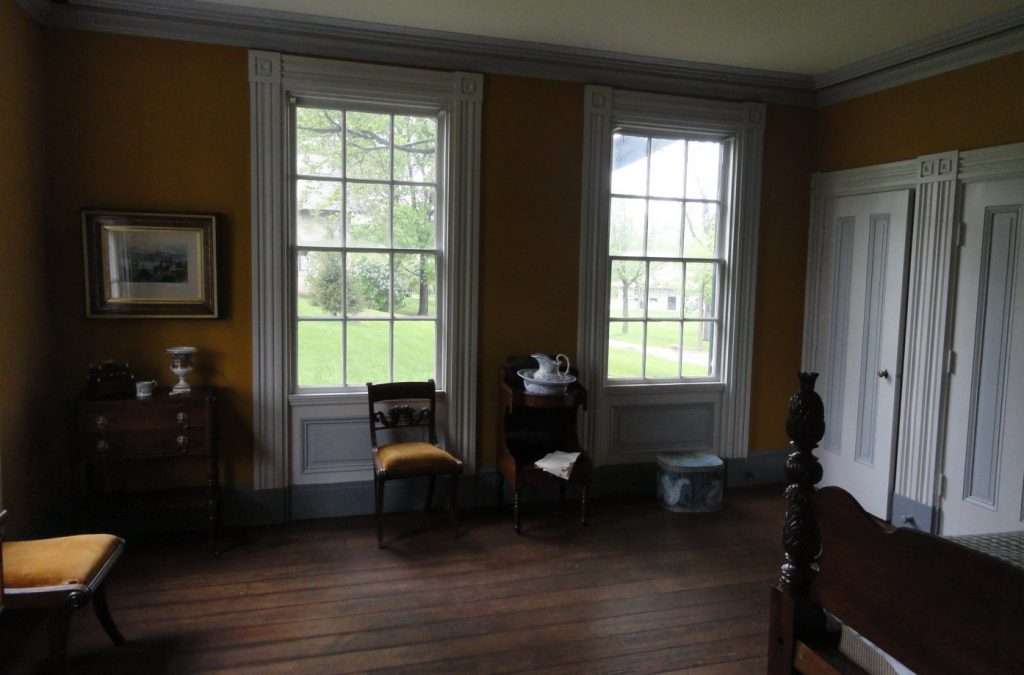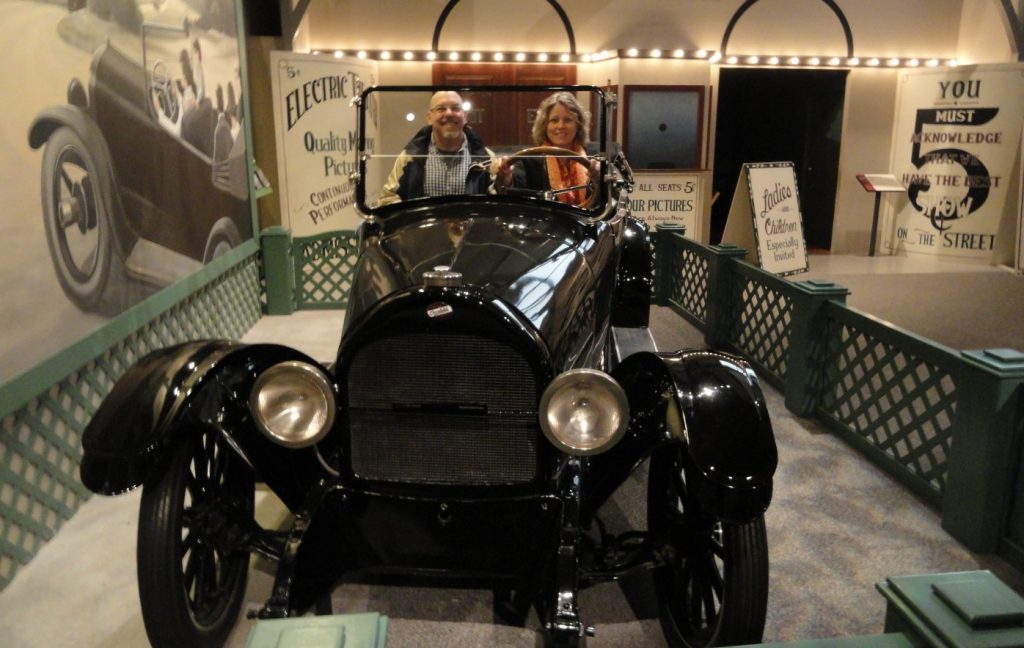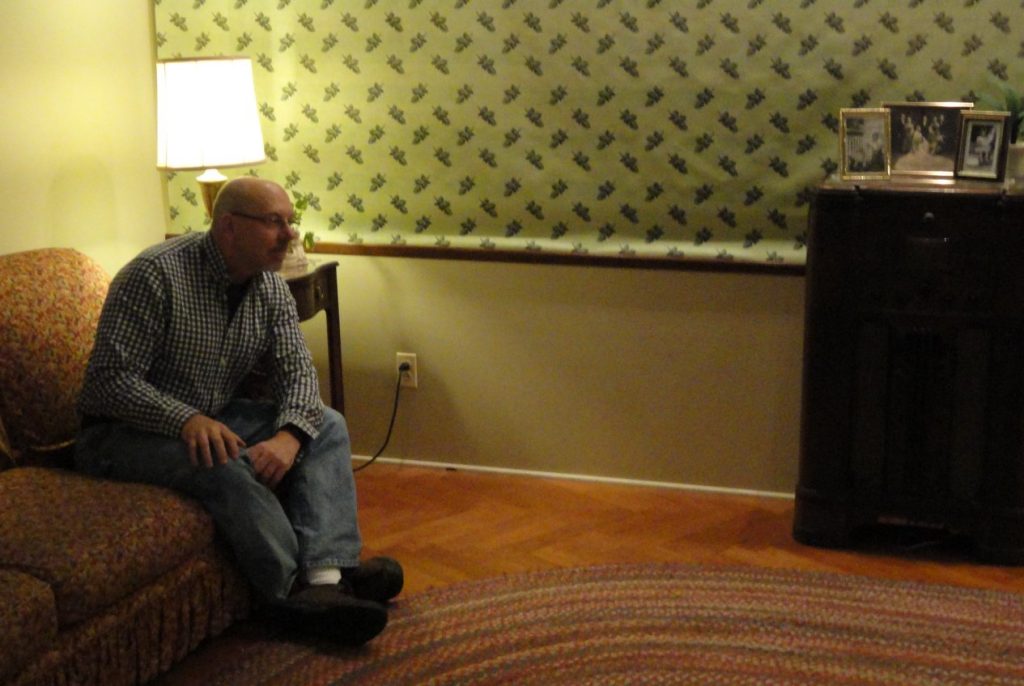I downloaded a couple more of the “Great Courses” series today. I am very fond of them because they are relatively short, very well done and available whenever I want them on an I-Pod that can contain a library. I listen to them while driving, walking to the store or on an airplane, times when I otherwise would not only waste time, but also be stressed and anxious. It is better than music, which is mindless. I have music too, BTW, for the mindless times but generally it is better to be engaged.
Audio books and courses have been part of my life since 1984. I remember this date so precisely because that is when we bought our first car. (Yes, I was 29 before I owned a car. That is maybe why I still bike, metro or walk so much). The audio books came soon after. I don’t recall the name of the first series, but it was a series of lectures. They really were not produced originally for audio books, rather they were clearly just lectures recorded in a lecture hall. The audio quality and the presentations were of uneven quality.
Few real books were available and in those days I was more into the motivational stuff anyway, so for a few years I was into programs that told me how to be a winner. It is easy to laugh at myself when I think about it or the type of person that wants such things, but I think it was a stage I had to pass through. I learned a lot of skills that I still find useful. Many of the motivational programs are just stupid, but the better ones take actual wisdom and put it into bite sized chunks, sweetened with the promise of quick success. One of my favorite was “the Secret of Power Negotiations.” A lot of the techniques were/are simple, but they were new to me or at least it was useful to have them crystalized. There was another one about techniques for getting ahead in business that I recognized as “the Prince” updated with modern examples. My time with these types of programs lasted until the late 1980s.
My next dominant genre was business books. I signed up for some monthly cassette clubs that sent me abridged books by guys like Tom Peters, Peter Drucker & Peter Senge. Of course I choose these example because they were peters, but jokes aside I got a pretty good business education and learned lots of things about marketing, finance & management that I either didn’t learn of forgot when I was doing my MBA. I think there were at least two reasons why this was true. The first is that I believe I spent more total hours listening to the books than I had spent in class but more importantly I think I was more able to absorb the information. I had real world experience and need for the information that I didn’t have as a callow youth. I have generally passed through this stage too. There tends to be a lot of repetition.
The business related books that I still use today are those related to new media or prospect theory, which are still developing fields that apply to my current work. Although I am going to give up the new media stuff soon. The breathless “new” quality is starting to annoy me too much. A new, “must jump on,” bandwagon rumbles past every few months. Not having jumped on several hasn’t hurt me.
In Krakow we had a big district with lots of places who welcomed visits by American diplomats, so I drove around a lot. I think it was a lot like being an old country doctor. Usually I drove myself or went with our drive, Bogdan. I learned a lot of Polish from Bogdan, often things that my more educated staff would castigate as low class, but eventually we exhausted our stories. The audio books were great. I discovered Blackstone Audio Books, where I could rent unabridged books about history, politics and literature. It is funny how memory mixes. I presented a series of lectures in a little city called Bielsko-Biala, about an hour and a half from Krakow. I drove there every week for six weeks to give the lectures, doing business along the way in Silesia, so I was in the car alone a lot, I think every Wednesday.
I listened to a couple of Audio books during these trips. The one I remember best was called “Novo ordo Seclorum” about the Constitutional Convention in 1787. I tended to let the tape play and sometimes repeat, so I got it good. The funny thing is that my memories of the information are mixed with the memories of the sights, sounds and smells of Silesia in the fall, so when I think of Alexander Hamilton at the Constitutional convention, I usually recall the smell of burning leaves or the coal smoke from the chimneys and I can still picture the foggy skies and the rainy forests of Southern Poland in October.
I stuck with the cassette technology for a long time. There was a kind of golden age for cassettes after 2000. As others moved to DVD, I could get the cassette cheaply. I didn’t really matter to me if they were a little old. If you are listening to a biography of Julius Caesar it really doesn’t matter if it was published in 1985 or 1995. But I did have to change technologies to take advantage of more contemporary topics. I liked the Bob Woodward books about the presidents and the Robert Reich comments on the economy.
But my favorite topics were biographies. Four stand out in my memory from my DVD days. There was “His Excellency” about George Washington, a biography of Franklin, the exact title escape me and two really good books by Ron Chernow, a biography of Alexander Hamilton and an even more interesting one called Titan about John D. Rockefeller. I liked that one so much I bought and read the paper version. Suffice to say that Rockefeller was a complex man, generally mistreated by popular history. He certainly was ruthless, but his reorganization of the oil industry was a necessary step in the development of our country. He was also admirable in his work ethic and personal habits. He made the money with his own intelligence (cunning?) and hard work (i.e. didn’t come from a rich family) and always gave away at least 10% of his income, even when he was poor. As he got richer, he couldn’t do it well, so he created a business-like way of philanthropy – the philanthropic foundation.
I was also a late convert to I-pod, but I have enjoyed it a lot. I used to get my audio books from I-Tunes, but after I noticed that most of them came from Audible.com, I went directly. When I checked today, I was surprised that I had download sixty three audio books from Audible since the middle of 2009. Mostly I listened to them on the Metro of walking around. I never listen to I–pod while I run, since I like the total running experience, but I do listen on the walk back. In Virginia, I run out for around a half an hour. The walk back takes three times that long, so I get in a lot of listening. The problem is the competition. Now that NPR programs are on I-Tunes, I sometimes do them. There has also been significant competition from Portuguese. I have been trying to get the same audio books in Portuguese, kill two birds with one stone, but the selection is not as complete.
Usually, I listen to a couple of books during the same period. I am listening now to “the Big Thirst” about water policy and “the Drunkard’s Walk” about randomness. Sometimes I like the “theme” my books. When I drove through Texas, I listened to “Empire of the Summer Moon” about the Comanche. It is a great book that I recommend. I also listened to “the Forgotten Man” about the Great Depression during my last cross country trip. I recommend that one too.
As I wrote at the top, I am still enamored with the Great Courses. They have lots of things I should have learned in college but forgot. I also think that the Great Courses are sometimes better than average college courses. There is some competition, of course. There are some very good courses available on I-Tunes U. For example, the “don’t miss” course is a history of Greece given at Yale by Donald Kegan.
In history & literature, for example, the Great Courses still talk about great things. It seems that in modern colleges they often concentrate details that make little difference and/or on life’s losers and all the troubles of the world related to contemporary problems. We are not the end of history. The thing that makes literature or history great is timelessness. The fact that it is NOT lashed to an ephemeral “relevance.” I hate it when they think I want to learn about “people like me.” I want to learn about those who are different, maybe greater than I am. I prefer to concentrate on the great achievements that can inspire me to better things and consider the timeless lessons. Human nature doesn’t change. I also believe in the importance of great decisions. The behavior of Agamemnon still has a lot to teach, for example. I understand it is literature, not fact, but the fact that hundreds of generations were influenced by that narrative makes a difference. There is no such thing as a modern classic or one that is newly discovered. A classic is like wine or cheese. A classic has to be aged and have a chance to influence more than one generation in more than one place.
Speaking of timeless value, I mentioned that book “Novo Ordo Seclorum.” The author talked about the personalities of the founding fathers, but also about the books and ideas that influenced them. Madison, Hamilton & Washington read and were influenced by many of the same classics that influenced me. I can put myself in their august presence to say the “we” learned the dangers of republics from Thucydides. We accompanied the abuse of power with Tacitus & Suetonius. Understood the nature of balances of power with Aristotle and accompanied various human interactions with Shakespeare. Practical people also need to be grounded in the wisdom of the ages.
Below is the list of the Great Courses I have down loaded in the last two years. I actually thought I had a few more. I suppose I am conflating them with the audio books and I-tunes and I used to get them on DVC, which I have lost or damaged. The Great thing about the Great Courses is that they remain on the website and you can download them again if you change computer or your I-pod dies. And you cannot lose or ruin the disk by spilling Coca-Cola on it (happens to me more than you might think.)
America and the World: A Diplomatic History
American Mind
Art of Critical Decision Making
Building Great Sentences: Exploring the Writer’s Craft
Conservative Tradition
Great Ancient Civilizations of Asia Minor
Great Debate: Advocates and Opponents of the American Constitut…
History of the United States
Late Middle Ages
Making History: How Great Historians Interpret th…
Odyssey of Homer
Peoples and Cultures of the World
The Skeptic’s Guide to the Great Books
Understanding Complexity
Western Literary Canon in Context
Wisdom of History
World War I: The “Great War”

